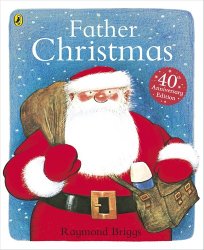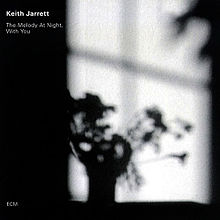I loved this book so much that the person from whom I borrowed it actually gave it to me (thanks, Anne!). Reading it, I was reminded of Annie Dillard’s Pilgrim at Tinker Creek, a book about encountering the natural world and the human condition, a book that stunned me. So much so, now that I think of it, that the person from whom I borrowed it gave it to me (thanks, Jill!).
Stirring the Mud is a slight book, only nine essays, but I’ve been reading and rereading it for weeks, pondering the images and leaps of thought.
To love a swamp . . . is to love what is muted and marginal, what exists in the shadows, what shoulders its way out of mud and scurries along the damp edges of what is most commonly praised.
My love for the natural world tends to lean toward trees and streams, long walks on ocean beaches, and the rosemary and warm tomatoes in my garden. I’ve had an inchoate fear of swamps since childhood, when one third of our property by the Chesapeake Bay was a swamp. Or at least, that’s what my mother called it, warning us to stay out of it because it was full of snakes.
What unnerves me now about swamps and bogs, having stumbled into more than a few, is the uncertainty, the way what seems solid suddenly gives way under you. Hurd persuades me to treasure this experience. She reminds me that this feeling is both the fear and the joy of creativity: each time I start to write, I plunge into uncertainty.
Reading these essays, I came to love standing with Hurd as she lets her shoes sink into the mud, water seeping in to wet her socks, thinking about what grows there, what is lost there, what is preserved there. She examines the liminality of these places, how mysteriously hidden their edges are.
When by some act of grace, the lines we think are there dissolve, something else appears, something timeless and rich, an intermediate zone, languid and latent, the lushness of something about to be and in no particular hurry to make it happen.
I appreciate the information she includes to provide context, telling us for example that Finzel Swamp is a palustrine wetland and explaining what that means. Most of all, I love her close observation of the swamps she visits and the way she includes us in the experience.
One time, not far from the alders at Finzel, I found a small congregation of Indian pipes sprouting out of the leaf mold. Two inches high, these albino plants resemble a sculpture of dripped wax turned upside down in the dirt. The color of breast milk, bluish, almost translucent, they are saprophytic plants, meaning they need decay in order to live. I don’t know what it is about such ghostly whiteness that suggests silence, as if color were also sound and the absence of one means the absence of the other. Lovers of the damp, they don’t look like pipes to me but like nuns, their heads bowed, lips open, mouthing a constant and silent syllable.
Look at the lovely consistency of imagery in that description: congregation, dripping wax, ghosts and nuns. Even their name suggests the pipes of the organ with their open mouths, singing. And other images set against them, muddling them: breast milk, decay, absence.
I know I will keep coming back to this book. For the last few years I’ve been pondering margins and thresholds, but Hurd’s essays have caused a fundamental shift in my thoughts. I realised I’d been thinking of margins and thresholds as horizontal, stepping through a door for instance. Hurd makes me consider the vertical, what is below me, invisible if my eyes are trained on what may be in front of me. Similarly, based on reading poet David Hinton’s work, I’ve been letting go of the idea of time as linear and instead thinking of it as a constantly changing present, a present that I am sinking into ever more deeply.
What do you associate with swamps or bogs?









